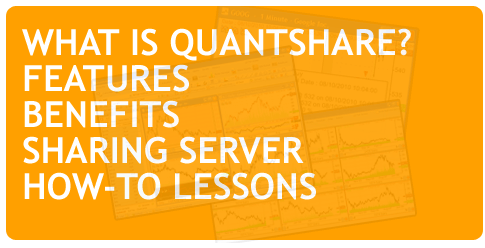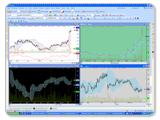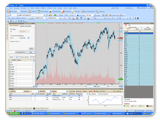Positive growth rate of GDP of a country would boost investor confidence and enhance money flow into share markets. On the other hand, increasing inflation rates would have a deteriorating effect on the investor sentiment and might result in a bear market. Further inflation rates mean that the price levels are increasing as a result of which the disposable income in the hands of investors is considerably reduced. This would lead to distress selling by the investors in the market to prevent from incurring any further loss and would thereby pull down the market movements. The economic indicators thus have both positive and negative impacts on the stock market movements depending on their nature, intensity and direction. Further the monetary and fiscal policies of government announced from time to time also have strong impacts on the movements in stock markets. Stock markets closing at peaks or troughs on the day of such announcements are very common. Following the recent financial crisis, central banks of countries across the world have resorted to the use of monetary policy interventions to stabilize the economy of their country. Cuts in the interest rates announced in monetary policy are sure to be followed by rise in the stock markets. The underlying reason behind such a reaction is that a cut in the interest rate would mean that credits are getting cheaper and thereby the disposable money for investment is higher. This in turn results in a positive sentiment among the investors and hence a boom in the share market. On the other hand, a rise in the interest rates would vision a day down for the capital markets of the economy. The fiscal policy announcements on government spending and tax rates would also produce similar reactions from the investing population. Increase in government spending during times of recession would result in creation of jobs and would also match for the decrease in corporate and consumer spending. This would in turn boost up the confidence effect of investors thereby preventing the share markets from further falling into troughs. In addition, a cut in the tax rates announced in the fiscal policy would go a long way in enhancing the investor confidence and hence would help in recovery of capital markets from recession. As the impact of economy on the stock market is well ascertained, a clear understanding of the leading and lagging indicators of economy would be of good use to investors to make early bird decisions in the stock market. The leading indicators such as consumer sentiment, investment in infrastructure etc determine in which direction the economy would move further. To quote an example, the number of new houses under construction began to decline in the second half of 2008 indicating a recession that would follow. On the other hand, lagging indicators would enable the investors to confirm what had already happened to the economy. These are the indicators which would follow the economic developments such as interest rates, business spending, unemployment rates etc.  Though the impact of economy and its indicators on the movements in capital markets of a country are strongly emphasized, investors should also be aware that stock market is generally treated as a leading indicator which moves ahead of the economy. It is generally observed that stock market peaks are reached long before the economy reaches its top point and that the stock market begins to move up before the economy recovers from recession. A common observation of the stock market would reveal that continuous stock market declines are indicators of loss of consumer confidence, slow down of investor spending in the market place and hence a harbinger of economic recession. The confidence effects flowing from the investor sentiment of stock markets are generally accepted as the major influencers of an economy. Looking from this perspective of stock market movements as leading indicators of economy, the general understanding is that stock markets have already absorbed the information related to economic developments into its movements. In line with the random walk hypothesis which propagates that stock markets are efficient, the markets absorb all information into its process and movements immediately as the information arrives. In this context, it is argued that investors waste their time analyzing and forecasting the economic movements which had already been absorbed into the prices. However economic indicators cannot be disposed off as useless for investment decisions. The investors should always take care to analyze the indicators – specifically other leading indicators of the market – to take cues from their movements and hence make wise investment decisions. Though the evidences of economy having an impact on stock market are scant, the news on stock market peaks and falls following government releases on economic indicators are not uncommon. The impact of economy on stock market is thus with mixed results still on with empirical researches to prove the leading or lagging impact of economic indicators on stock market movements. comments powered by Disqus |

|
|
|
|







